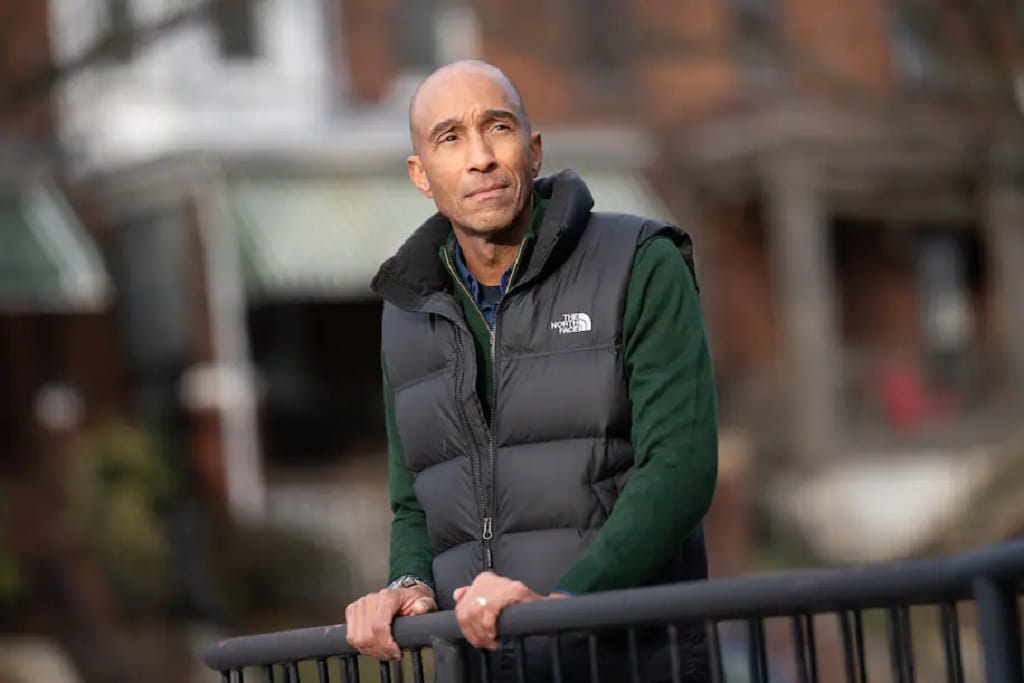California Push for Inclusion, Former AT&T Lawyer Alleges E-Rate Overcharges, Virginia Funds Broadband
March 24, 2021 – The University of Southern California and the California Emerging Technology Fund announced a partnership on Monday to determine internet access in California based on demographics and location. The two organizations hope to identify the impact a lack of broadband causes for those w
Derek Shumway

March 24, 2021 – The University of Southern California and the California Emerging Technology Fund announced a partnership on Monday to determine internet access in California based on demographics and location.
The two organizations hope to identify the impact a lack of broadband causes for those who don’t have access in an increasingly digital world, and to inform policymakers on how to close the digital divide.
In its press release, USC said “the most severely impacted demographic groups include households earning less than $20,000 per year, adults 65 and over, and adults without a high school diploma.”
Sunne Wright McPeak, CEO of CETF, said “the COVID-19 pandemic laid bare the widespread inequities that demand immediate action to accelerate the deployment and adoption of high-speed Internet.”
USC and the CETF launched a statewide survey on February 10, called the Statewide Survey on Broadband Adoption, that included 1,650 California adults that aims to identify broadband access to fulfill a public policy goal of state leaders. The results are expected by the end of March.
CETF is a nonprofit foundation focused on digital equity in the state and has monitored California’s broadband progress since 2008. According to CETF, broadband access has steadily increased, reaching 88 percent of households in 2019, yet 1 in 8 California households has no broadband.
Former AT&T employee claims company overcharged on E-Rate
Theodore Marcus, once an in-house lawyer for AT&T, has been accused by his now former employer of “shocking” legal misconduct for handing over what he thought was “damning information to a lawyer suing the company” over allegations it did not charge low prices required by law for E-Rate funding. E-rate is a federal program that offers low-priced phone and internet service to schools based on need.
Marcus said AT&T mislead the government about its compliance with the rules of the federal program. Originally, while working for AT&T, he was charged with the responsibility to determine whether the company was overcharging schools and libraries for internet and telephone service.
Marcus said he believed AT&T was not fairly charging them and claims it abused the government program, thus hurting needy schools. He said there are “poor Black and Brown kids” who cannot fend for themselves, in an interview with The Washington Post.
AT&T is now trying to persuade a federal judge to dismiss the sweeping lawsuit due to his “shocking” legal misconduct. Marcus reportedly had an expectation that he too might share in the payout if the suit was successful.
The problem though is “he never locked in an agreement to benefit from the pending suits that allege overcharging, and is not in line to share in any proceeds.” Complicating matters more, The Washington Post reported that “the future of the case will depend, in part, on whether a federal court views Marcus as a whistleblower trying to right a wrong, or a corporate lawyer violating his duty to his former employer.”
In a statement, AT&T spokesman Fletcher Cook said the company always complied with the rules of the E-Rate program, and there was no evidence brought by Marcus to support “absurd claims.” Cook also called Marcus’ claim that AT&T’s actions hurt children living in poverty “baseless and offensive,” instead accusing Marcus of raising concerns only after a poor performance review and not receiving a position he sought, to which Marcus said was denied to him.
Virginia doles out $20 million for broadband projects
Virginia awarded network operators this week $20.1 million for 11 projects that is expected to connect 13,400 homes, businesses and other institutions across the state.
Grant money was given based directly on infrastructure needs for each broadband project. Second-round projects and funding requests also included some that had been re-scoped and re-evaluated due to the Rural Digital Opportunity Fund’s impact, an FCC initiative designed to inject billions of dollars into the construction and operation of rural broadband networks.
CenturyLink, one of the operators, was given $2.2 million and is working with Albemarle County on a project that would construct 100-miles of fiber network. Cox Cable received over $90,000 to connect 69 units in the City of Chesapeake that also includes 16 businesses.
The grants were given out as part of the second round of the Virginia Telecommunication Initiative (VATI), which is administered by the state’s Department of Housing and Community Development.
“Quality broadband service is key to growing our economy, and learning, competing, and succeeding in today’s digital world,” said Virginia Gov. Ralph Northam in a statement.
“This funding will have an enormous impact on thousands on unserved Virginians and bring us closer to our goal of every community in our Commonwealth having access to high-speed internet.”









Member discussion